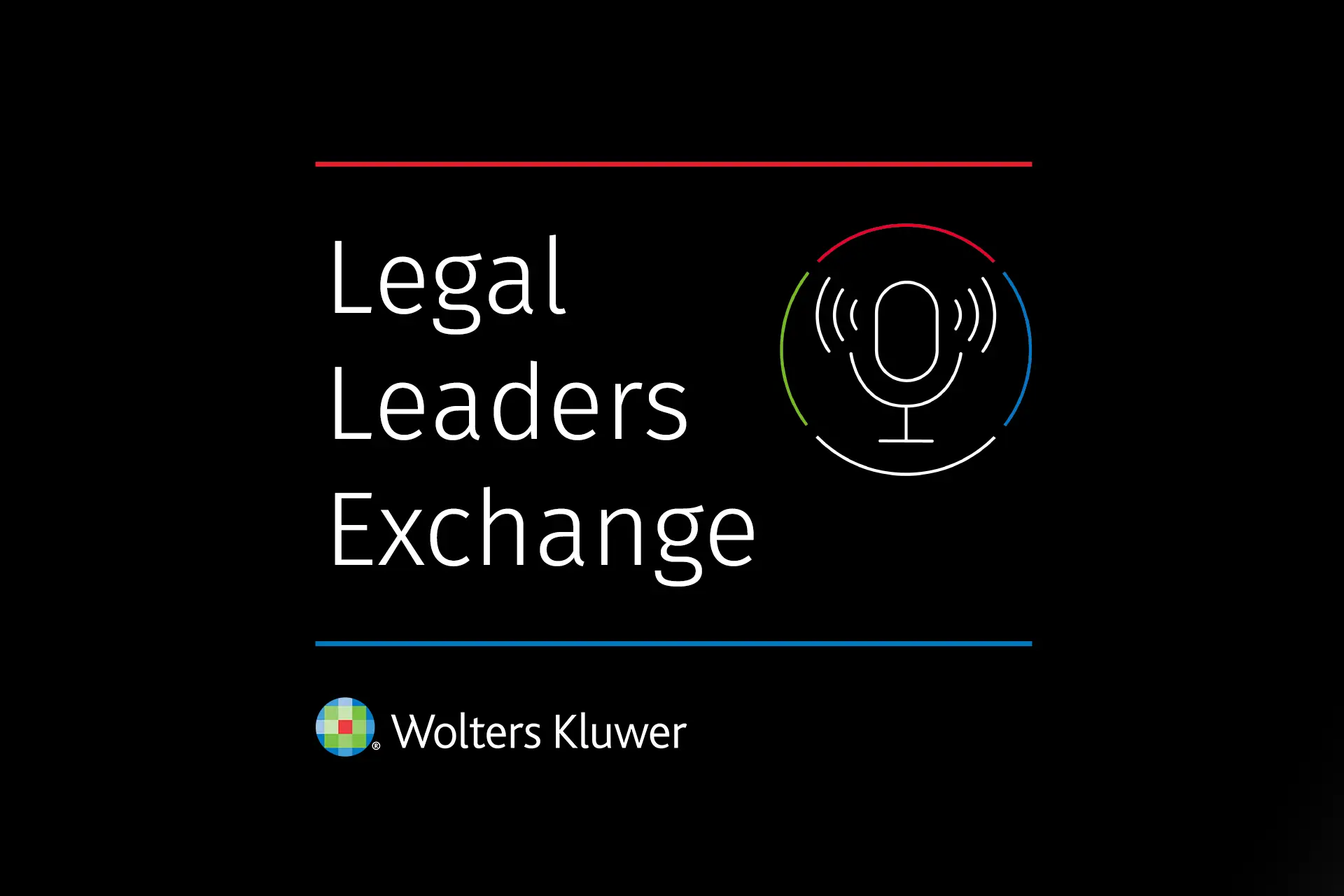From Istanbul to Geneva
Ceyhun was born and raised in Istanbul of Turkish parents and educated at the city’s French school, the Lycée Français Saint-Michel. Thanks to his fluency in French, at 17 he moved to Geneva to study Law at the University of Geneva, a high-profile and internationally renowned university. At university, he became interested in the technology field, and went on to do his LL.M with electives in intellectual property (IP) law. During his Master’s studies, he started working with Lenz & Staehelin, then the largest law firm in Switzerland, in the International Arbitration field as a junior clerk. He quickly found his interest in the innovation aspect of IP law.'
An International Technology Law Expert
A post-Master’s decision to live in Madrid for six months proved life-changing for Ceyhun. He so loved living in Spain that he went on to do a second Master’s degree in Finance at the Complutense University in Madrid. By this time, Ceyhun had commenced an internship in the IP and technology practice group of DLA Piper in Madrid, then the largest law firm in the world. He also became a qualified attorney in Spain. His work at DLA Piper focused exclusively on technology and the law, particularly data protection and privacy, as well as IT-related contracts. In 2016, he was head-hunted to work for the legal counsel at Philips headquarters in Amsterdam, Netherlands. He was in charge of global compliance with the GDPR (the EU’s General Data Protection Regulation) for the entire Philips group. Ceyhun was head-hunted once again in 2018, this time to join Linklaters in their technology, media and telecommunications (TMT) department.
Today, he leads the TMT department group at Linklaters in Madrid, advising the world’s largest organisations on complex information management and data privacy-related projects. He is also an adjunct professor at IE Law School, one of the top law schools in Europe, where he teaches both LL.B and LL.M. courses in data privacy and cybercrime. He is also the co-chair for Spain in the International Association for Privacy Professionals (IAPP).
An Exciting Collaboration With Wolters Kluwer
It quickly becomes clear that Ceyhun is passionate about privacy and data protection. It explains why he decided to start up a law journal focusing on global privacy law. He even refers to the Global Privacy Law Review as “my own baby”. He wants the journal to serve as a forum for vigorous intellectual and practical debate on the many issues that affect data privacy, as well as shape the future legal landscape. Ceyhun had been published before by Wolters Kluwer, and the company was his first choice for the journal, and so he contacted the international publisher in 2018. His idea of collecting opinions and having debates in global privacy law was immediately liked, and so the journal is set to launch in February, 2020.
Technology Surges and the Law Lags
Ceyhun is of the opinion that there is an increasing tension between the privacy and the protection of the personal data of the individuals versus ever-evolving and emerging technologies. In his opinion, an important aspect is that these emerging technologies are evolving rapidly, literally changing on a daily basis. The legislative process, on the other hand, is very slow through any legislature, typically anywhere from two to five years, or more. For example, by the time the GDPR was adopted in May 2018, it was already outdated technologically-speaking, even though Ceyhun considers the GDPR an “excellent piece of legislation”.
A further factor in this disconnect between technology and the law is that too often legislators don’t have a clue about the very technology they should be legislating. He cited how painfully clear this was during Mark Zuckerberg’s testimony before the US Congress in April 2018, in which so many irrelevant, even embarrassing questions were asked of him by congress leaders!
Ceyhun does believe that, on the one hand, the right to our data-related privacy should be protected at all times. However, he also believes that, on the other hand, every effort should be made to encourage technology and innovation. Technology should be allowed to innovate in a way that does not usurp the privacy of individuals. However, he acknowledges that it’s a very fine balance to strike between the two. He believes that the concept of “privacy by design,” by which the respect and protection of privacy should be expressly embedded in any new technology from the very beginning of its research and development (R&D), is one way to achieve this balance.
Interesting Perspectives on AI et al.
The sheer depth and diversity of issues related to emerging technologies is clear when speaking to someone as knowledgeable and energized about the topic as Ceyhun is. For example, he makes an interesting reference to AI as being ‘the new electricity’. It’s certainly an interesting perspective on AI but we asked whether AI does not differ to electricity, in that that there are currently no monopolies in AI, unlike electricity when it first emerged? Ceyhun agrees that monopolies are never a good thing and that, for now at least, AI does seem to be an “open field”.
However, he did caution that AI-related monopolization could still occur, especially with large multinationals investing so much in AI. It’s a further reason why he believes AI needs to be treated very carefully and regulated accordingly. He makes the further pertinent observation that AI itself could have the same biases as the humans that create it, which in itself could be problematic. These biased algorithms could have serious ethical implications, and therefore require stringent legal solutions.
Ceyhun also spoke about how AI would almost certainly redefine human relations, interactions, and culture in the future, and agreed that legislating that could be almost impossible, if not futile. After all, how does one legislate human relationships and communication? His hope is that the technology will foster greater efficiency in human interaction. He also emphasizes the need for designing global norms and policies that ensure the beneficial development and use of AI.
We also asked him his opinions on blockchain, the underlying technology behind cryptocurrencies such as Bitcoin and Ethereum. His take on blockchain’s revolutionary role within the realm of finance and the future of personal banking was complex and interesting. He does view the technology as one of the technological innovations with the greatest potential to transform our economy and society. He notes how banks and financial institutions are usually seen as technologically-stunted organisations, yet are currently investing heavily in this technology. There is no denying the appeal of blockchain’s key feature, “smart contracts”, which cuts out the delays and middlemen (not to mention costs) typical of traditional financial transactions. Blockchain can also increase transparency, not to mention empower people regarding their personal finances.
However, Ceyhun cautions how the potential consequences of blockchain regarding data privacy must be considered. Measures to protect the privacy, security, availability and integrity of all data should be implemented, he believes. Yet most countries and financial institutions don’t know how to approach this technology legally since, once again, there simply isn’t adequate knowledge about it. These and other fascinating issues form the discussion in Ceyhun’s article ‘Blockchain and Data Protection: A Compatible Couple?’ which he co-wrote with Inés Isidro, and which will be published in the first issue of Global Privacy Law Review.
The Future Is All-Tech, But…
Ceyhun is excited about what this technology can mean for all of us. But he also knows that their unstoppable trajectory is itself the biggest challenge. He is adamant that these technologies need to work for the betterment of society.
There is no denying that legislators, legal experts and relevant authorities will have their hands full in the coming years regarding new technologies. Some aspects can be regulated, others not so easily. Privacy, or the loss thereof, is undoubtedly one of the most pressing challenges. That is why open, candid debate and discussion in a journal such as the Global Privacy Law Review is more important than ever.





